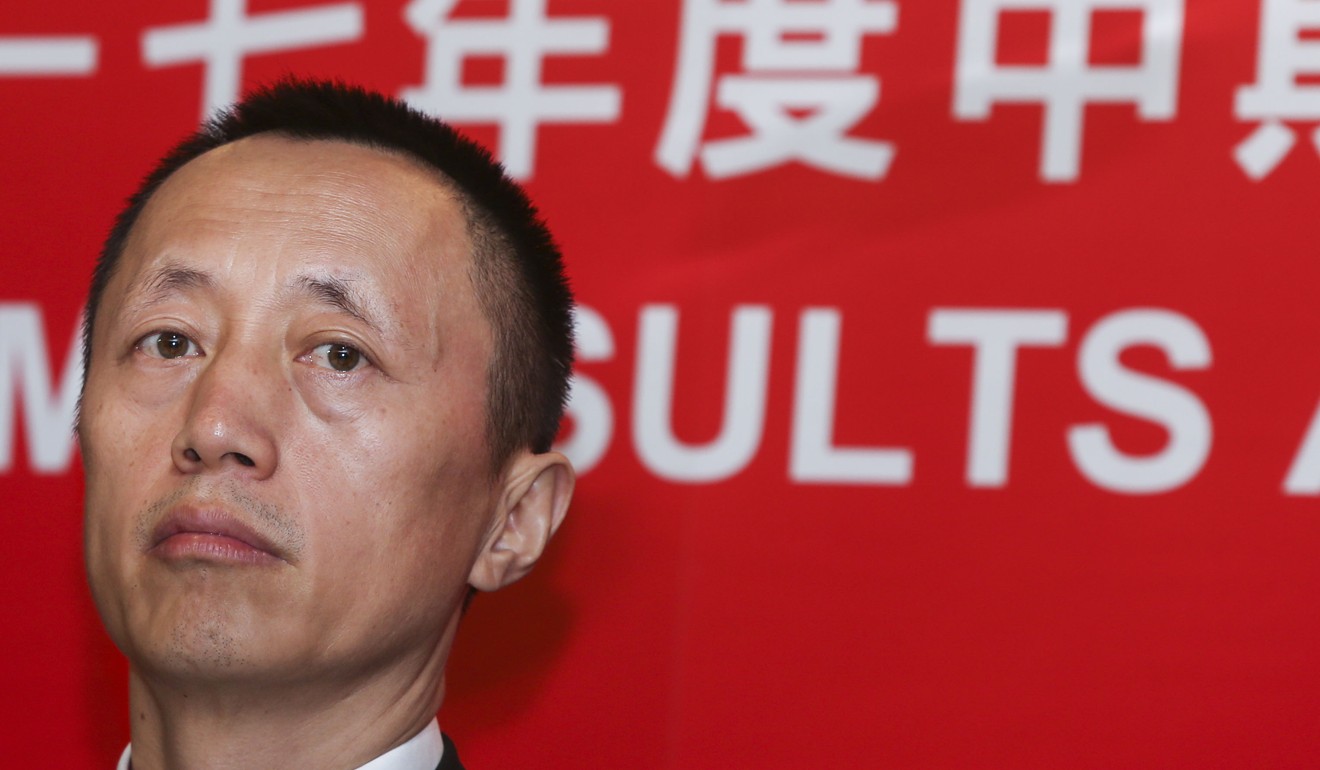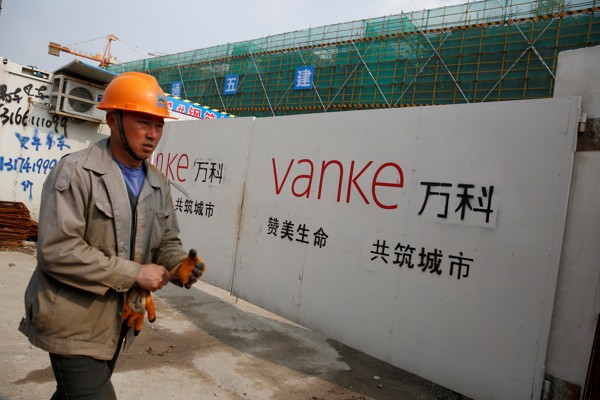
Vanke chairman say era of runaway home prices has ended
Yu Liang urges industry peers to diversity the country’s housing stock, and focus more on specialist and technical needs rather than purely chasing sales
The chairman of China Vanke, one of the country’s largest residential property developers, has urged industry peers to shift their focus away from purely price and expand the technical quality and variety of the nation’s housing stock, as demand eases off across the sector.
“It is very clear the era of runaway home prices and large shortages has ended in China,” Yu Liang told a briefing after the company revealed a record 30.34 per cent increase in core annual profit on Tuesday.
“If developers still expect to make money on the back of rising prices, they have to be prepared to give back whatever they earned before,” he added.
Yu said Vanke will now reposition itself as a developer, to become more of a living-services provider, which will built properties to higher technical specification as demand shifts towards specialist housing for the elderly, for instance, or those built with more environmentally friendly materials, or properties designed for long-term rental.
He urged the industry to wave goodbye to its old mindset and companies to become quality leaders which put more value on customer experience, and not be slewed simply towards higher volumes and prices.
“In the past 20 years, we have built a lot of flats. However, supporting services related to the real estate industry are still lagging.

“In future these services will become more important, as we enter the stage when the property markets becomes more mature.”
He added that Vanke also expects to take on more rural development projects rather than focusing on urban projects only. A lot of neighbourhoods it previously considered rural have now been consumed by China’s ever-growing cities, he said.
Zhang Xu, Vanke’s president and chief operations officer, added it has been actively seeking land in Hong Kong in cooperation with local developers, and that he was optimistic about the city’s economy and the prospects for its property market.

“We took part in some public bids last year in Hong Kong, but did not win [them] as the final prices were too high,” said Zhang.
The company plans to launch a 1,000-unit residential project in Tuen Mun within the first half of this year, and a 500-unit one in Cheung Sha Wan during the second half. It is also building a luxury 105-unit serviced apartment block in Wan Chai.
Core profit, which excluded revaluation gains on investment properties, was 27.28 billion yuan (US$4.35 billion) in 2017, up from 20.93 billion yuan a year earlier, according to the filing to Shenzhen Stock Exchange.
Net profit attributable to shareholders was 28.05 billion yuan, up 33.44 per cent, on the back of a 45.3 per cent increase in sales, worth some 529.9 billion yuan. Revenue jumped 3.68 per cent to 237.3 billion, up 3.68 per cent.
Vanke expects to launch new construction projects covering a total floor area of 35.45 billion square metres during 2018, while completions are expected to cover a total 26.31 million square metres of space. The company did not post detailed sales targets.

